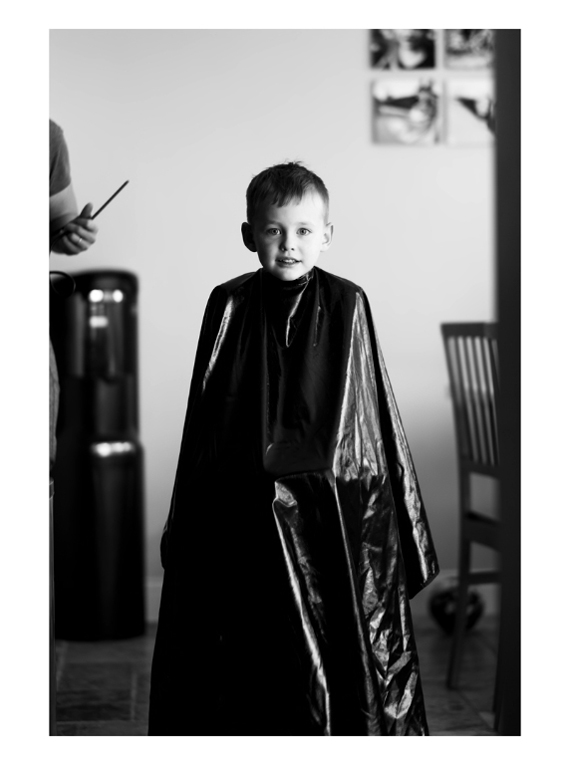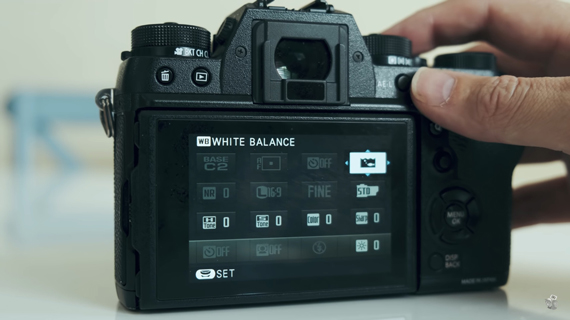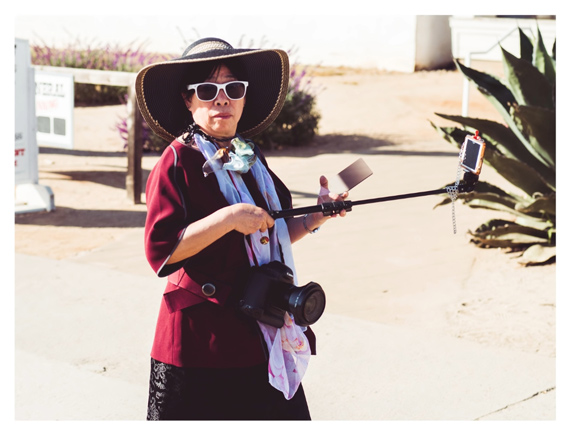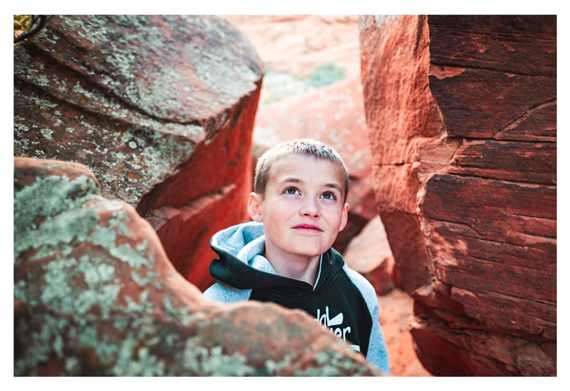No matter what genre of photography you’re into, your most intimate photos will always be of your friends and family. You may not appreciate the fashion photographs that you take now in your later days, but the images of your near and dear ones will always remain special. In this video, Andrew shares nine tips for better family photographs:
1. Always Have Your Camera Handy
You can’t anticipate when something really interesting might happen when you’re with your family. It’s always a good idea to have a camera with you to capture those special moments. At home, have the camera easily accessible. You don’t know when something fun and interesting may happen that you’ll cherish later.

“If your camera is in a camera bag in the closet, I guarantee you will miss some of the best moments that can happen around the home.”
However, it’s also important that you consider the size factor. The bulkier the camera and the lens, the more inconvenient for you to have it around. Big equipment also draws attention and makes family members aware of what they’re doing.
“A camera should be convenient. But it should not be so convenient that you forget that it’s with you.”
2. Always Be Aware
Awareness is what differentiates good photographers from bad ones. Poor and inexperienced photographers take photos only when the scene is set. The resulting images feel mundane.
“You just hiked a mountain. What do you do? You take a photo of the family in front of the view.”

On the other hand, good photographers have their subconscious mind always thinking about moments that could make great photos. If you happen to have a camera around, you will be able to take advantage and get the photos. Also, having a camera with you will keep your mind thinking about potential moments worth capturing.
3. Story is More Important Than Medium
While having a camera with you wherever you go is ideal, not having a camera with you shouldn’t keep you from capturing the moments that are in front of you. Instead of wishing that you had your camera with you, make use of your smartphone camera. Photographing the moment is what matters the most.

4. Know Your Gear Well
Photographic moments come unannounced and don’t stay for long. It’s essential that you know how to operate your gear efficiently. This increases your chances of capturing the perfect moments.
A good practice to ensure that you don’t miss to capture precious moments can be to reset your gear once you’re done shooting. For instance, after shooting in low light, set everything back to the default or auto mode so that you can quickly operate it next time. Also, learn how you can launch your smartphone camera quickly.
“Doing so will save you from missing or messing up shots next time you pick up your gear.”

5. Don’t Be Too Proud to Shoot in Auto
“‘Only noobs shoot in auto mode’ is a terrible excuse.”
Of course you need to know how to balance the exposure and set your focus. But what importance will all that have if you miss out on your shot while adjusting the settings?
“If you’re worried about impressing people, then stop missing good shots.”
6. You Don’t Have to Photograph Every Step of the Journey
When out with your family traveling, you don’t need to take photos in front of every interesting thing that you see. Chances are, you won’t like it later because these kinds of photos don’t tell a story. Try to take photos that become a part of a memory.

“You’re not trying to create a log book. What you’re trying to create is a poem. Good poems say a lot more with less. Use a small number of photos to capture the emotion of a full journey.”
7. Bring More Interest to Your Shots
Using a wide aperture to blur out the background is a basic way to isolate the subject and draw attention. But that’s not enough. Look for other ways you can separate the subject. See if you can move around to place the subject on a contrasting background. Can the light play a role to add interest to the subject? See if you can frame the subject in some way. Compose to get rid of distracting elements.

“In short, be aware of all the elements surrounding your subject and brace them. Don’t completely obliterate them by always blurring everything into oblivion.”
8. Don’t Be Too Harsh On Yourself
You won’t be able to photograph every moment. Lamenting over such lost opportunities will only make photography stressful. And you’ll stop enjoying what you do.
“But the only real way forward is to rejoice in the moments you’re able to catch. And accept and learn from the moments that you don’t.”
9. Stop Trying to Recreate Lost Moments
If you miss out on photographing a certain moment, you may be tempted to recreate that moment. For instance, maybe your child did something awesome that you missed. Telling them to do it again, this time with your camera pointed at them, may make them feel stressed.
“If you do this too often, your children will start the resent the camera and you. Instead, accept that you missed the moment. Enjoy the moment for the joy that it brought you and go get your camera so that you’re ready for the next time something interesting happens.”
Keep some of these interesting points that Andrew shared in mind. They’ll definitely help you take better photos of your family!
Go to full article: Domestic Documentary Photography: 9 Tips
What are your thoughts on this article? Join the discussion on Facebook
PictureCorrect subscribers can also learn more today with our #1 bestseller: The Photography Tutorial eBook
The post Domestic Documentary Photography: 9 Tips appeared first on PictureCorrect.